Strict new Party discipline rules on way
Updated: 2016-10-25 07:03
By CAO YIN(China Daily)
|
||||||||
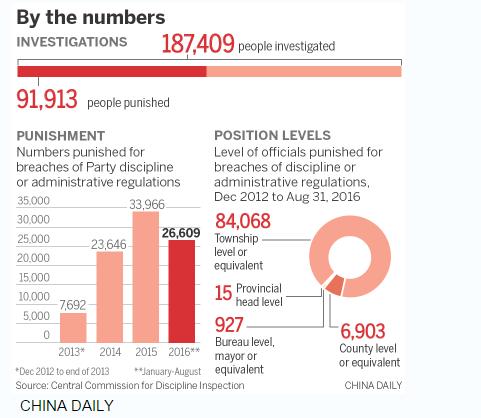
The Communist Party of China opened a top-level meeting in Beijing on Monday to institutionalize the experience from its four-year-long anti-corruption campaign.
In the four-day meeting, two sets of internal discipline measures, stricter than ever in the reform era, will be officially enacted by the CPC Central Committee, and these will be applied to all officials and ordinary members of the Party.
The two sets of rules are norms for intra-Party political behavior and the amendment of an intra-Party supervision regulation.
Known as the 6th Plenary Session of the 18th CPC Central Committee, the meeting may also pave the way for the election of a new Central Committee, which is elected every five years, at a CPC national congress in 2017.
By practice, every Central Committee's 6th plenum is to deal with the healthy development of the Party organization.
Since Xi Jinping took office as the Party's leader, an anti-corruption campaign has swept across the country and has rooted out many officials charged with abusing power and misusing public funds for personal gains.
This year alone, 32 ministerial-level officials have stood trial, of whom 14 have been sentenced for graft-related charges, including bribery and embezzlement, according to Legal Daily.
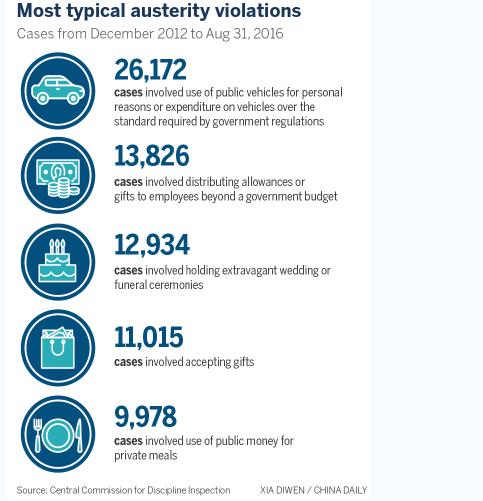
On Oct 9, for example, Bai Enpei, former head of Qinghai and Yunnan provinces, was given a suspended death sentence for bribery. He is the first high-ranking official who has no chance of parole under the revised Criminal Law.
Zhen Xiaoying, a professor from the Central Institute of Socialism, said that Party members must follow stricter discipline and receive stricter internal and external supervision.
"Some requirements in the Party ordinances are not written in laws, such as improper sex relations, but that doesn't mean that any Party member's offense will not be punished," Zhen said. "Instead, the person must face harsh disciplinary punishment."
She said that now "is the right time to turn the good experience of the anti-corruption campaign since Xi took the Party leadership four years ago into a system" to ensure more effective supervision of all Party members.
"It's encouraging to see the focus of supervision is to be placed on high-ranking officials, to ensure that the Party's leading echelon will set a good example for the lower ranks," she said.
The Party needs to learn a good lesson from the exposed problems and should start using clear rules to regulate all Party members' behavior, Zhen added.
Wu Hui, associate professor at the CPC Central Party School, said: "The Chinese political system requires that Party members must follow stricter rules than laws. It's time to make it more effective and be more closely followed."
"In other words, Party members, as pioneers for all citizens, should be more self-conscious about the importance of Party discipline and norms of behavior," Wu said. "The stricter the Party discipline is, the better society's governance will be."
He said the two sets of Party discipline to be enacted will better manifest the fruit of the anti-corruption campaign.
Wu said that in the 1980s, the Party made its ordinance to govern Party organizations' activities, but now the ordinance is out of date. "It's necessary to inject the Party's new experience into the new rules."
- Lavrov, Kerry discuss Syrian situation
- Turkish troops kill 17 IS militants since Mosul operation: FM
- 59 killed in attack on police academy in Pakistan
- Syrian forces capture new area in Aleppo
- Fate of child migrants uncertain before France demolishes Jungle camp
- Former Japan SDF official believed to have blown himself up, injures 3
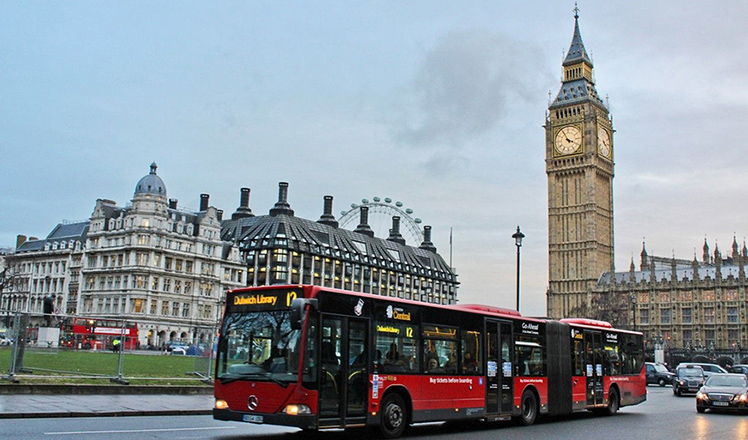
 Top 5 property destinations for Chinese investors
Top 5 property destinations for Chinese investors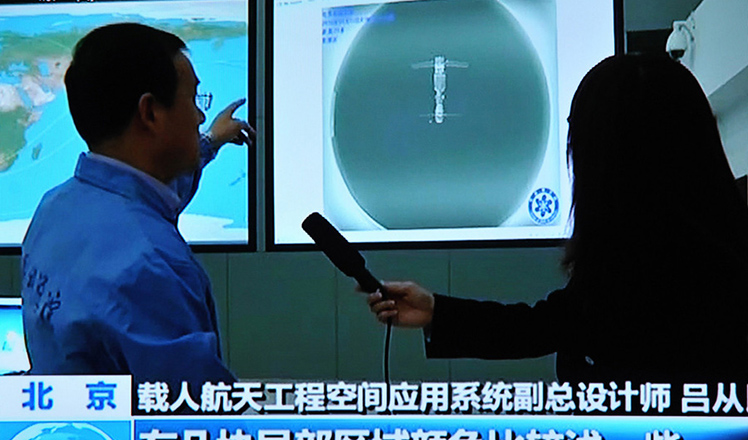
 Accompanying satellite sends back images of Tiangong II, Shenzhou XI
Accompanying satellite sends back images of Tiangong II, Shenzhou XI
 Dare you jump
Dare you jump
 Through the lens: Under the blue sky of Tibet
Through the lens: Under the blue sky of Tibet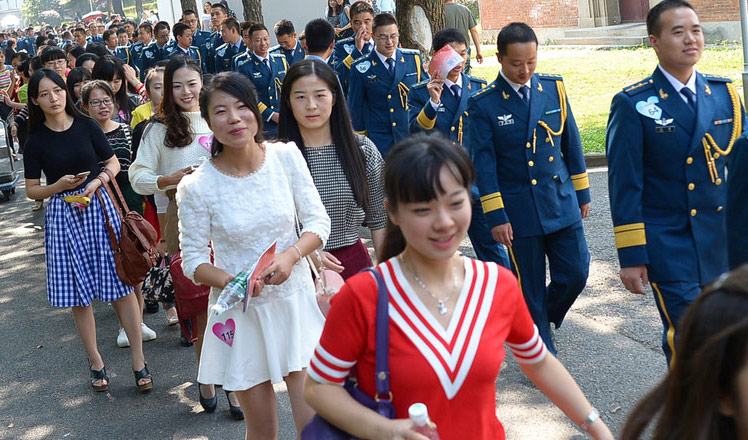
 Military blind date attracts hundreds young women
Military blind date attracts hundreds young women
 Britain's Red Arrows arrive at Zhuhai for China air show
Britain's Red Arrows arrive at Zhuhai for China air show
 Villagers build ladder on cliff with 1,500 steel pipes
Villagers build ladder on cliff with 1,500 steel pipes
 Colorful leaves adorn Great Wall in Beijing
Colorful leaves adorn Great Wall in Beijing
Most Viewed
Editor's Picks

|

|

|

|

|

|
Today's Top News
'Zero Hunger Run' held in Rome
Trump outlines anti-terror plan, proposing extreme vetting for immigrants
Phelps puts spotlight on cupping
US launches airstrikes against IS targets in Libya's Sirte
Ministry slams US-Korean THAAD deployment
Two police officers shot at protest in Dallas
Abe's blame game reveals his policies failing to get results
Ending wildlife trafficking must be policy priority in Asia
US Weekly

|

|







